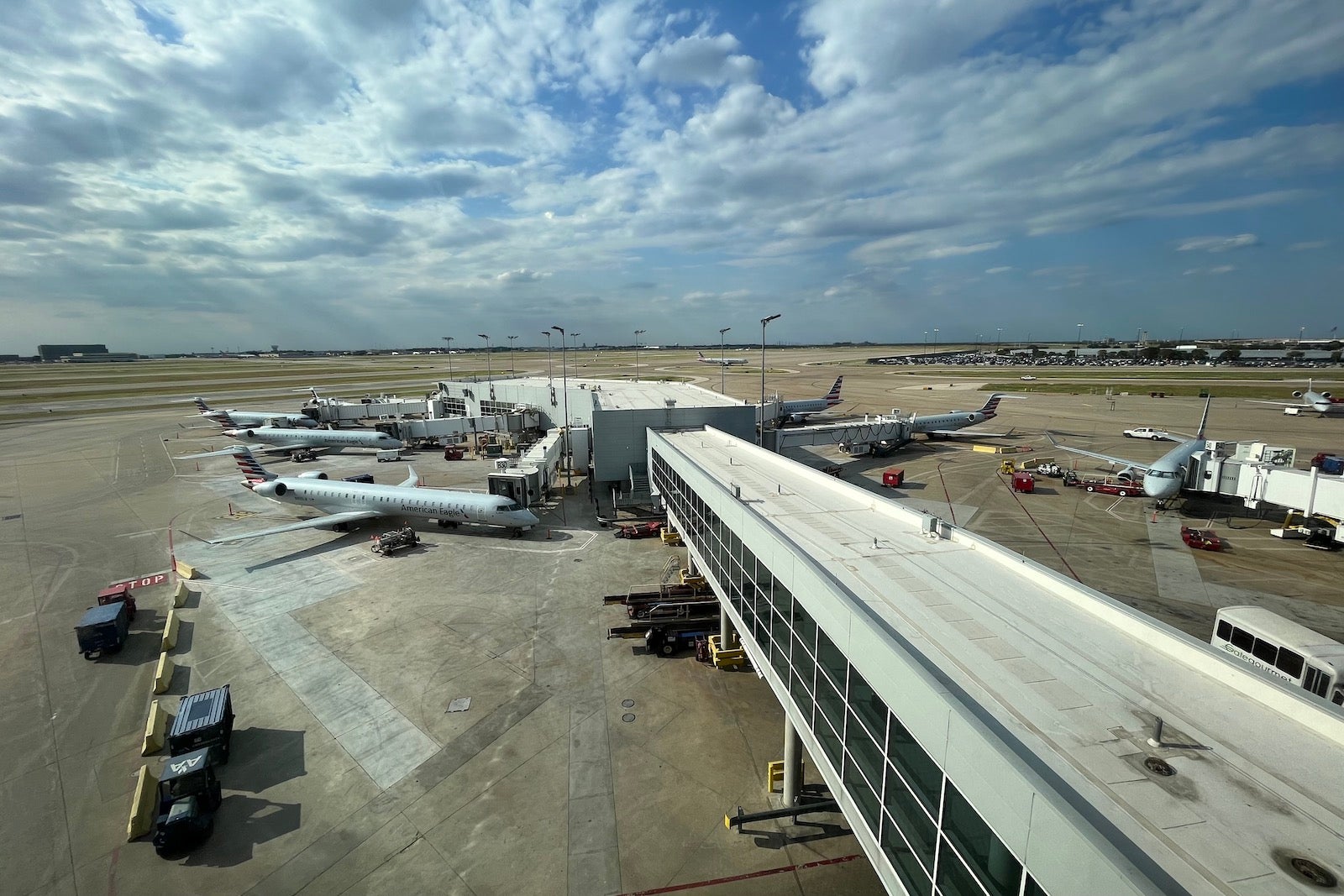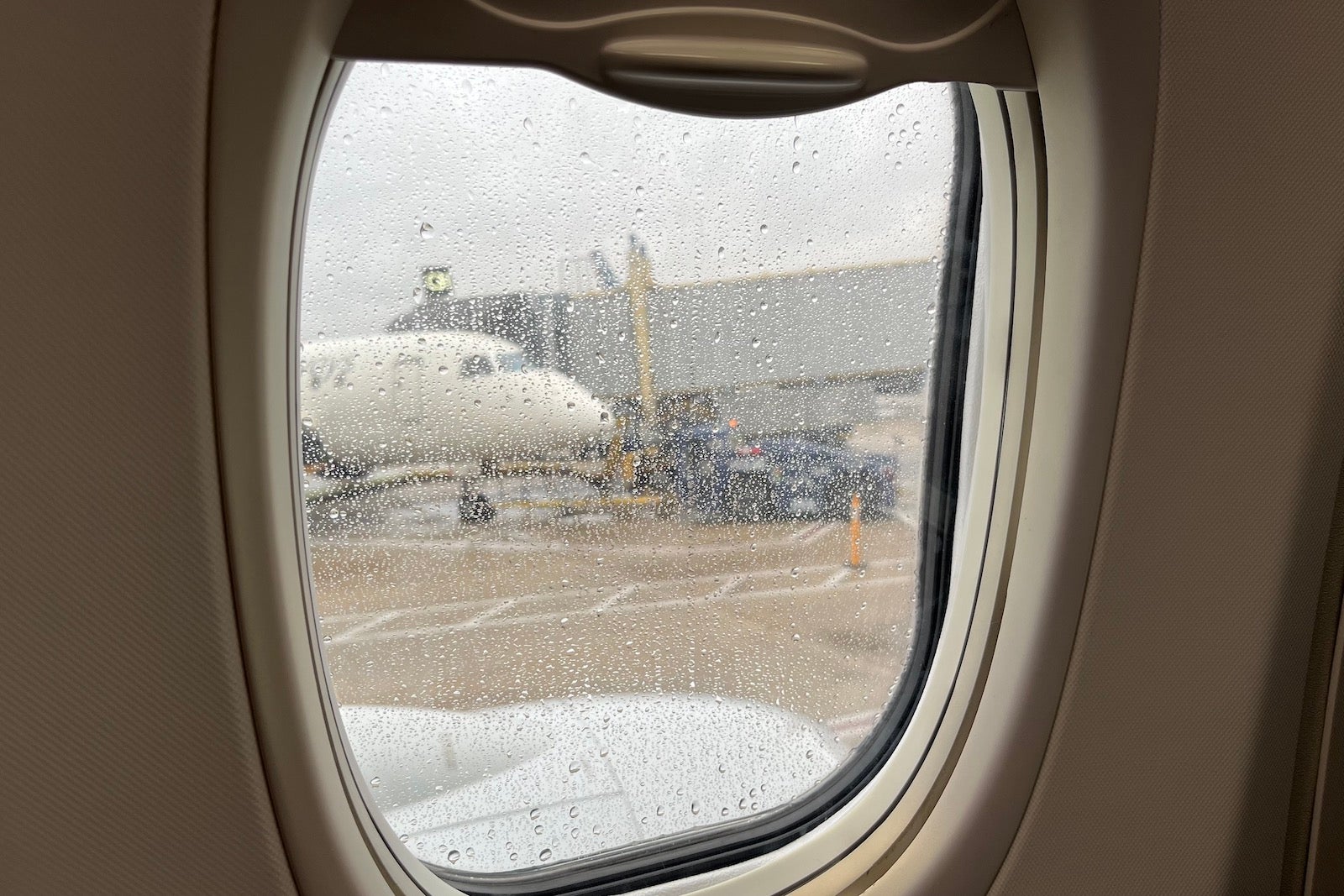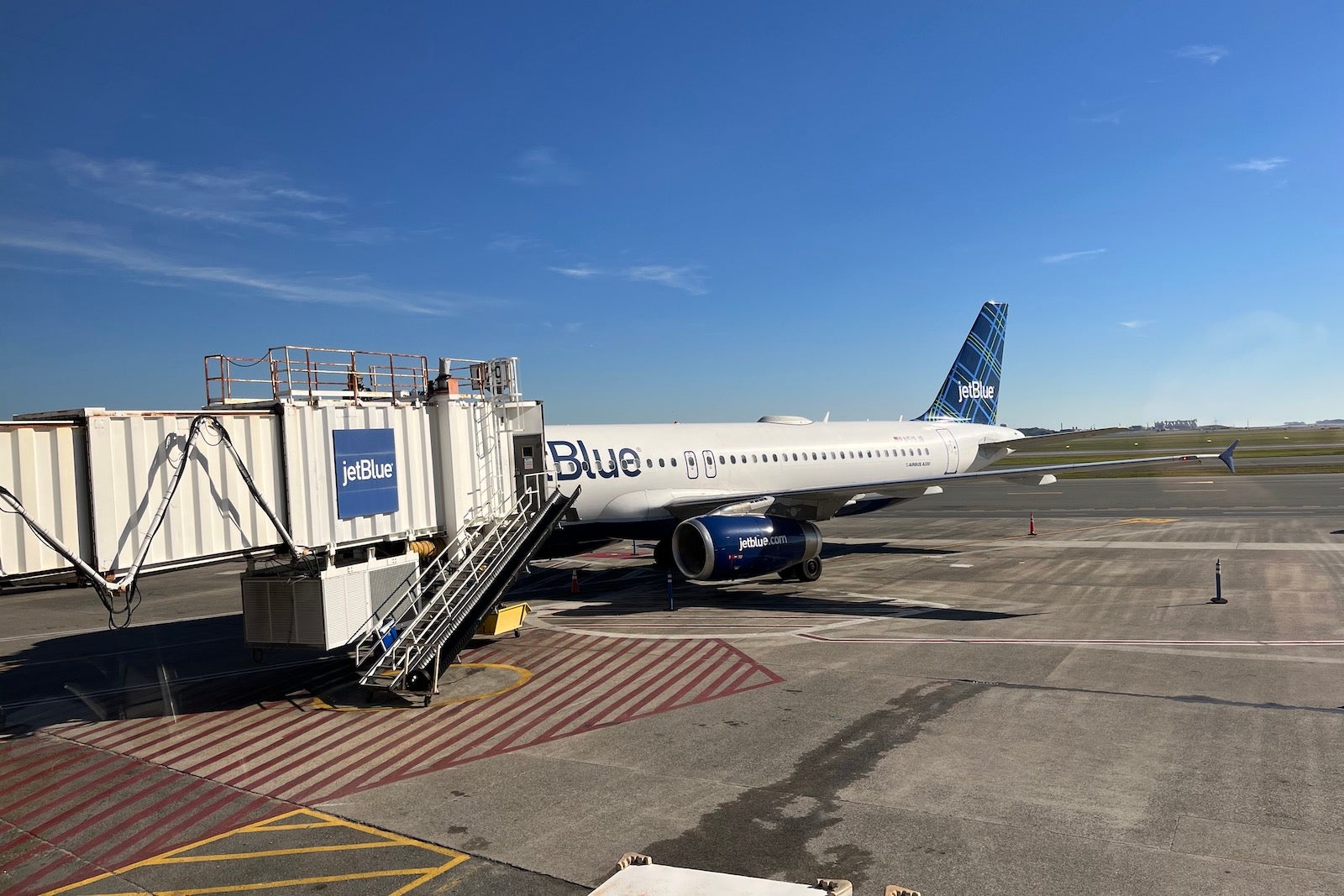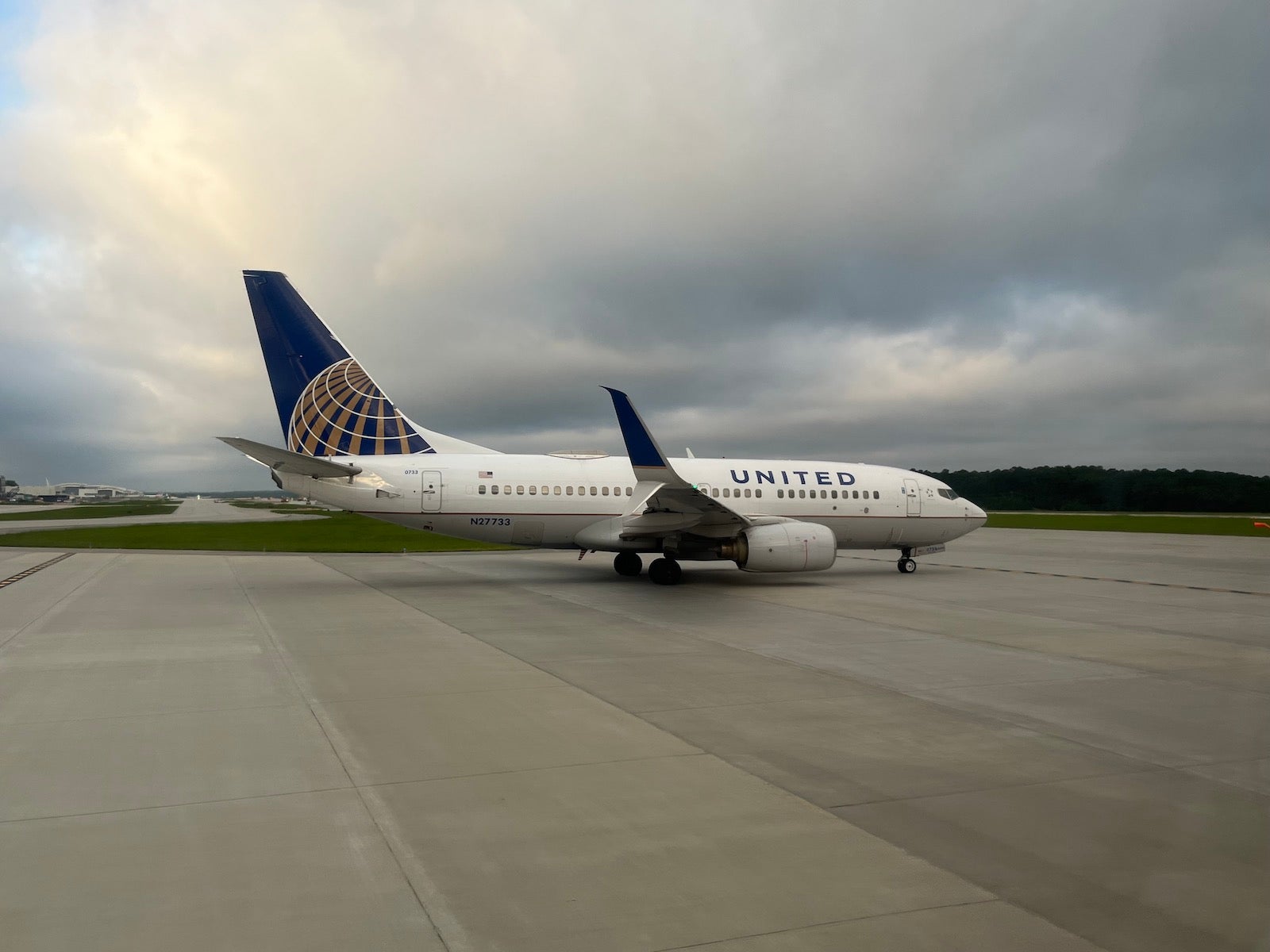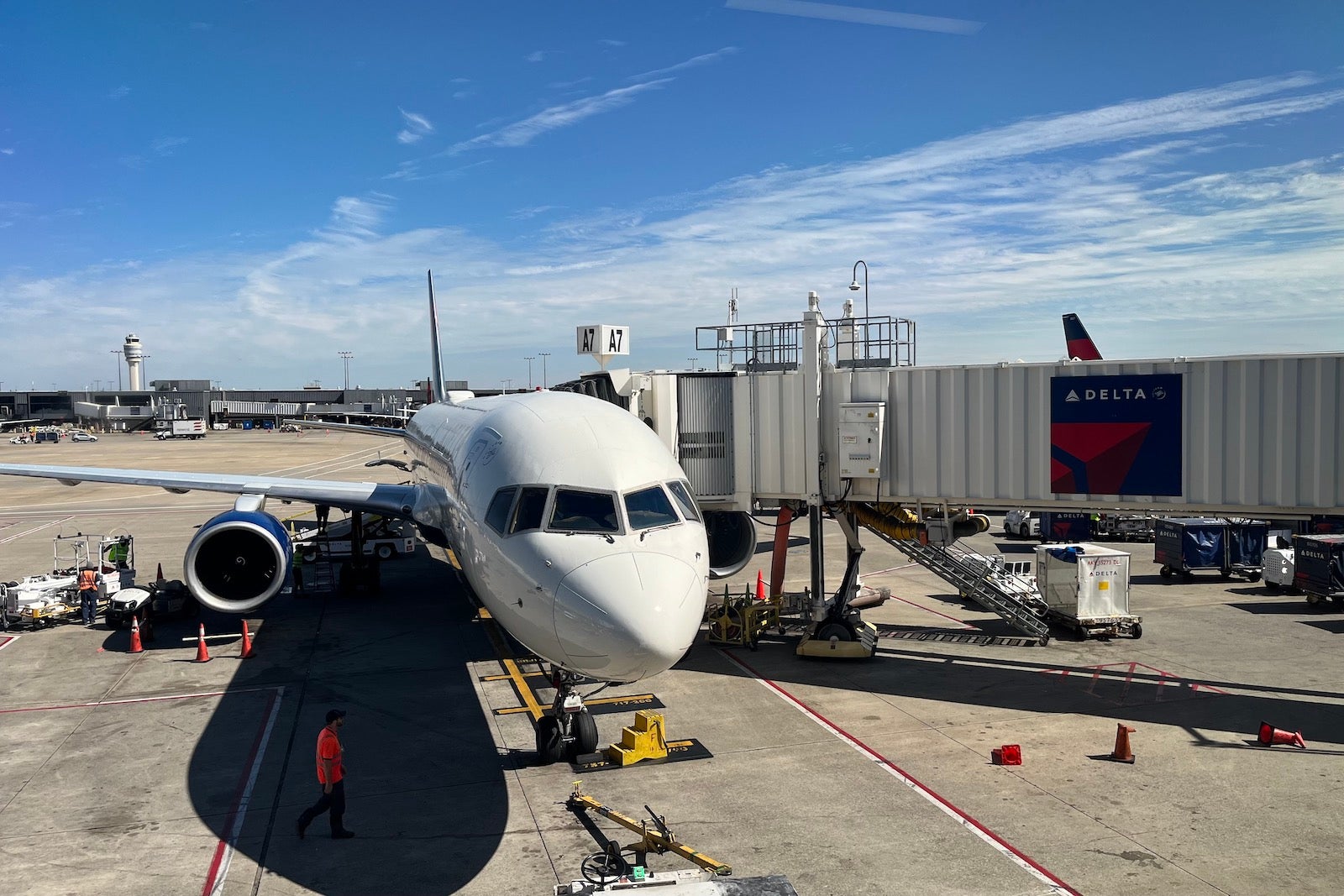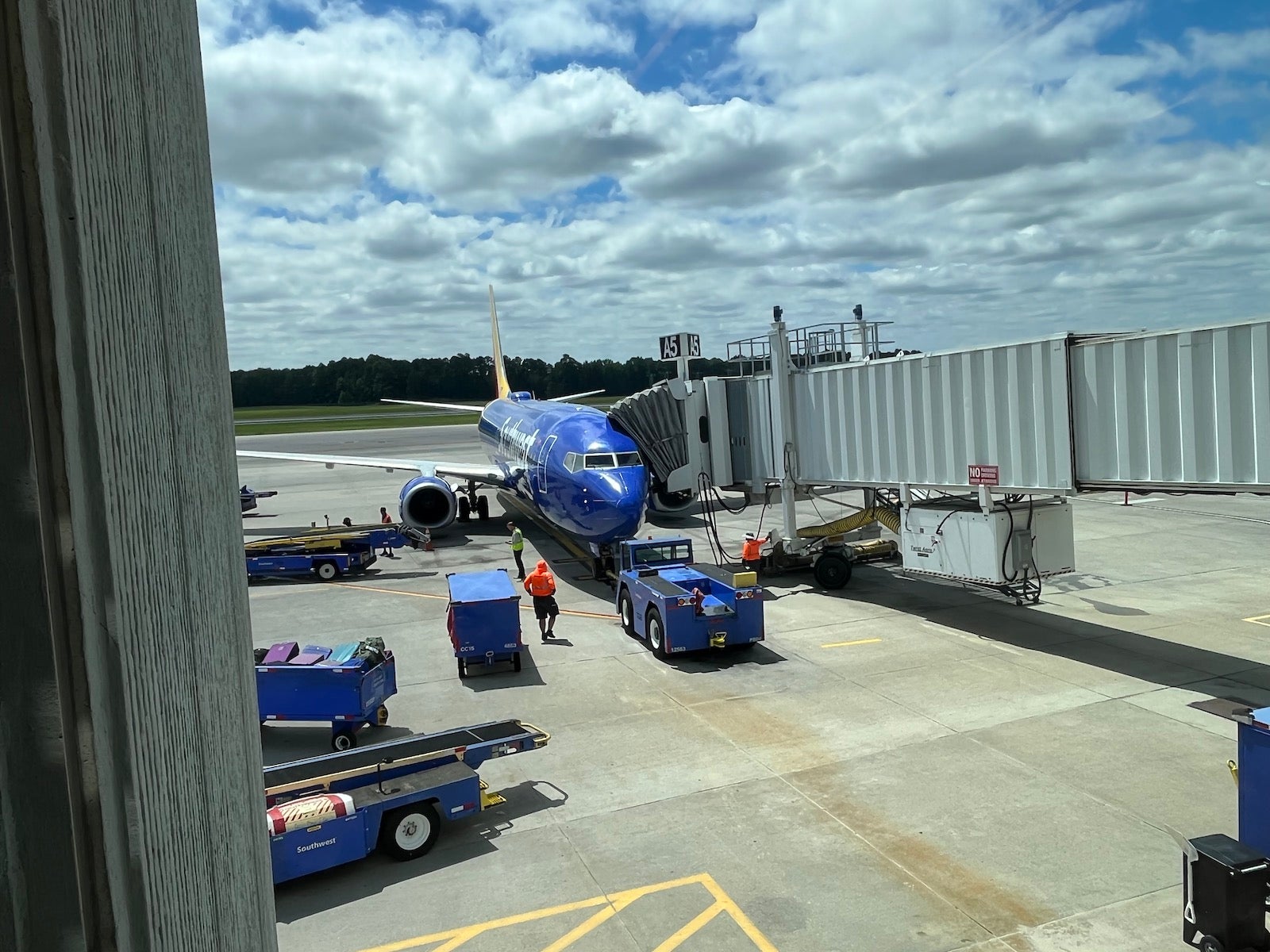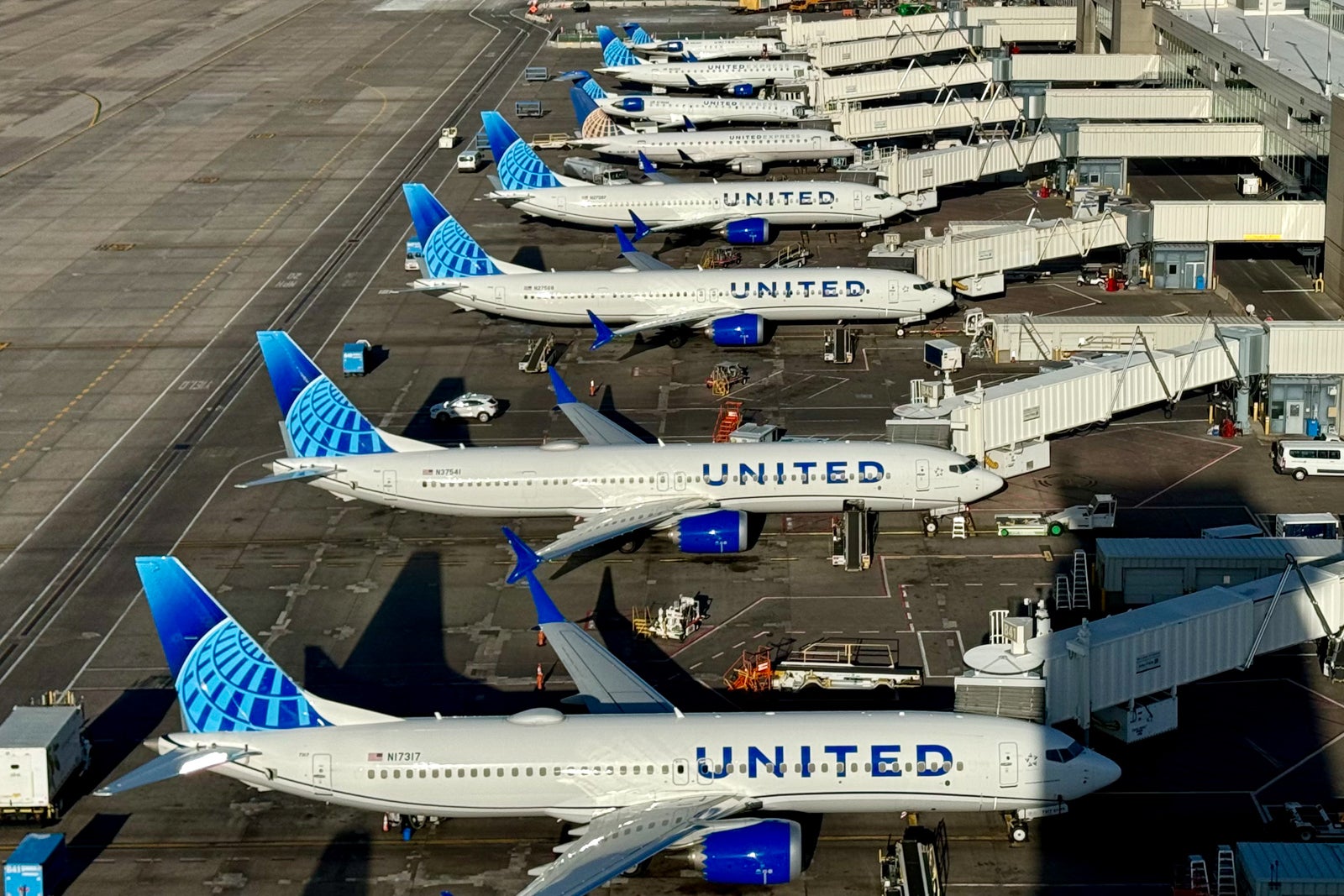You are entitled to a refund for your canceled flight
Recent years have brought us all too many reminders about the importance of knowing your air travel rights as a passenger. From Delta Air Lines’ meltdown in the wake of a global IT outage to Southwest Airlines’ holiday 2022 fiasco, it’s clear that knowing what you should ask for when your flight is delayed or canceled is a key aspect of preparing for any trip.
A big part of that is knowing when an airline owes you a refund.
Your rights to a refund
For domestic flights, as well as international ones departing or arriving in the U.S., you’re covered by the rules of the U.S. Department of Transportation.
Under DOT flight refund policy, you are entitled to your money back — no questions asked — if your flight is canceled and you ultimately choose not to travel. It doesn’t matter if the cancellation was the airline’s fault or something out of its control, like bad weather.
The policy applies to any unflown portion of your ticket.
Let’s say you booked a round trip from Ronald Reagan Washington National Airport (DCA) to New York City’s LaGuardia Airport (LGA), and your return trip got canceled. The airline offers to rebook you on a later flight, but you decline. You opt to take the train back to Washington, D.C., instead. The airline would owe you a refund for the return portion of your trip.
Refund rules apply only if you choose not to travel
The “ultimately choose not to travel” part of the rule is key, though.
If the airline cancels your 8 a.m. flight, rebooks you on the 1 p.m. flight, and you fly on it, the airline does not owe you a refund.
Does the airline owe me a refund for a flight delay?
The DOT refund rules don’t just apply to canceled flights. Under the policy, airlines must also provide you a refund for the unused portion of your ticket when a flight is significantly delayed or when the airline makes a significant schedule change.

Daily Newsletter
Reward your inbox with the TPG Daily newsletter
Join over 700,000 readers for breaking news, in-depth guides and exclusive deals from TPG’s experts
Again, though, this is only if you choose not to travel.
What constitutes a “significant” change or delay?
Under the recent Federal Aviation Administration Reauthorization passed by Congress, a significant change or delay applies to a domestic flight that arrives at its destination at least three hours late or an international flight that arrives six hours late.
What should you do if an airline is offering a voucher instead of a refund?
Airlines are allowed to offer passengers a voucher instead of a refund.
However, refund-eligible passengers don’t have to accept. They can insist on simply getting their money back instead.
Under the new DOT policy, airlines offering passengers a voucher or some other form of compensation as an alternative to a refund must clearly explain to the passenger that they are, in fact, refund-eligible.
Airlines are now also expected to update their passenger notification systems to alert passengers when a flight disruption would entitle them to their money back.
What if the airline offers you miles instead of a refund?
There are also cases where the airline may offer you frequent flyer miles instead of cash. Again, you don’t have to accept.
And before you even consider accepting miles in lieu of a full refund, you’ll want to consult TPG’s points and miles valuations to make sure you’re getting a deal that’s strongly in your favor.
For instance, let’s say you’re hoping for American to refund you a $217 ticket, and the airline offers you 10,000 miles instead.
TPG values AAdvantage miles at 1.65 cents apiece, so 10,000 miles would be worth about $165.
Clearly, in such a case, accepting miles wouldn’t be in your best interest.
Refunds should be automatic
The days of fighting with the airline for a refund should, in theory, be over.
As part of the FAA Reauthorization passed by Congress in 2024, airlines are expected to automatically notify passengers when a disruption could make them eligible for a refund.
When a passenger opts not to accept rebooking and instead get their money back, carriers must issue the refund automatically.
How soon should airline refunds come?
Airline refunds, by law, are expected promptly: within seven days for passengers who paid by credit card and within 20 days for those who paid by a different means.
What about compensation for food, hotels and ground transportation?
Compensation for things like meals, an unexpected hotel stay or an Uber ride in the event of a flight delay or cancellation falls under a different category than refunds.
Many airlines make guarantees for what they’ll provide in the event of a cancellation or significant delay. Those promises are laid out on the DOT’s airline customer service dashboard.
However, there are two caveats to know: At the moment, these are more discretionary forms of compensation airlines provide, and these are also cases where it typically does matter if a disruption was the airline’s fault (think maintenance) or something “uncontrollable,” like weather. In the latter case, your only hope of getting reimbursed for unexpected expenses may be through a credit card that offers travel insurance protections.
Check out TPG’s guide to passengers’ rights for a better sense of what you might be owed.
Didn’t the Biden administration propose compensation?
The Biden administration has suggested rules requiring airlines to guarantee flight delay compensation, food, hotel stays and ground transportation when there’s a travel disruption that’s the airline’s fault. But it’s just a proposal, at this point — and it’s unclear how the incoming Trump administration might approach the matter.
Bottom line
Some airline policies can be challenging to keep track of, but the federal rules that govern refunds are relatively straightforward.
You are owed a refund for any unused portion of your ticket:
- If your flight is canceled, significantly delayed or has a significant schedule change (no matter the reason) and you ultimately choose not to travel with that airline.
- Automatically and within seven days if you paid by credit card, or 20 days if you paid using a different method.
It’s likely you are not entitled to a refund if:
- Your flight is canceled or delayed and you allow the airline to rebook you on a later flight.
- You accept a voucher or some other form of compensation as a clearly stated alternative to a full cash refund.
Passengers who feel they haven’t been treated fairly by an airline or who feel their refund request has been unfairly rejected can file a complaint with the DOT.
Related reading:

